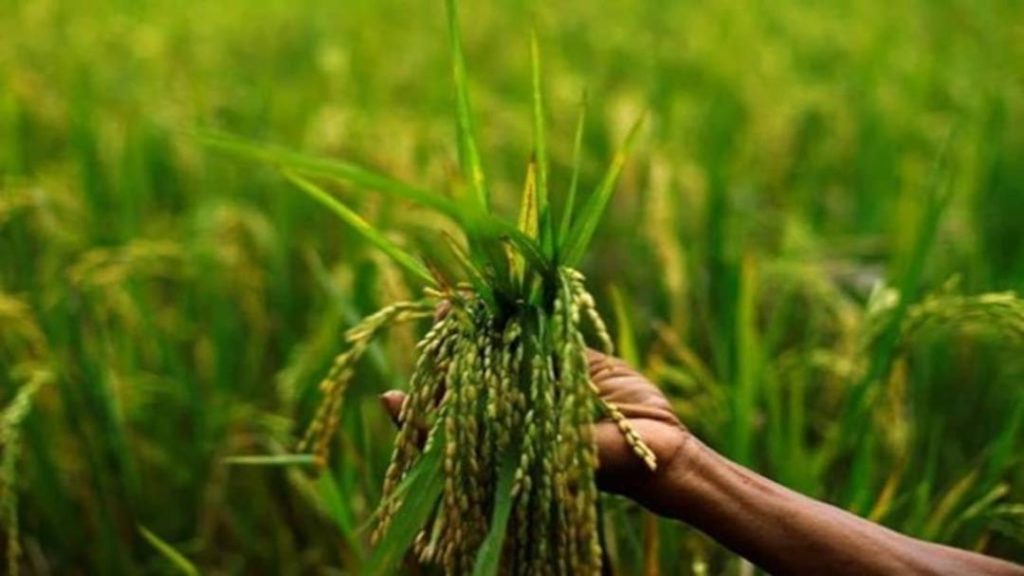
India Cutting Chenab’s Supply will Increase Water Shortage & Impact Crops, Accepts Pakistan
The Indus Waters Treaty, a bilateral agreement between India and Pakistan signed in 1960, has been in the spotlight lately due to various disputes over the sharing of the Indus River waters. The latest development in this saga is Pakistan’s acknowledgement that India cutting the flow of the Chenab river would lead to increased water shortages and a significant impact on crops in the country.
The Indus River System Authority (IRSA), responsible for managing Pakistan’s water resources, made this admission in a recent statement. According to IRSA, if India were to curtail the supply of water from the Chenab river, it would lead to a significant shortage of water across the country. This move would also have a devastating impact on the kharif crops, which are already estimated to face a shortage of 21% for the remaining early kharif season.
The IRSA also warned that the water shortage in the late kharif season is estimated to be around 7%. This would not only affect the agricultural sector but also have far-reaching consequences for the country’s food security and economy.
The dispute over the Indus Waters Treaty dates back to 2016 when India constructed the Kishanganga Dam in Jammu and Kashmir, which Pakistan claimed was in violation of the treaty. Since then, tensions have been escalating, with both countries accusing each other of violating the treaty.
In February 2020, India suspended the talks on the Indus Waters Treaty, citing Pakistan’s failure to implement the treaty. Pakistan, on the other hand, accused India of unilaterally changing the treaty and not consulting with Pakistan on the construction of the Kishanganga Dam.
The latest development is a significant blow to Pakistan’s agricultural sector, which is already facing challenges due to climate change and poor irrigation practices. The kharif season, which typically runs from June to September, is crucial for Pakistan’s agriculture, as it accounts for around 25% of the country’s GDP.
Pakistan’s agriculture minister, Faisal Vawda, recently expressed concerns over the impact of the water shortage on the kharif crops. He stated that the country is facing a severe water crisis, and any further reduction in water supply would have disastrous consequences for the agricultural sector.
The situation is further complicated by the fact that Pakistan is already facing a severe drought, which has led to a significant decrease in the country’s water table. According to reports, Pakistan’s water table has decreased by around 10% in the past decade, making it difficult for the country to meet its water needs.
In light of this, Pakistan’s acknowledgement of the potential impact of India cutting the Chenab river’s flow is a stark reminder of the need for both countries to work together to resolve their differences over the Indus Waters Treaty.
It is essential for India and Pakistan to engage in constructive dialogue to resolve their disputes over the Indus Waters Treaty. The treaty is a critical component of the Indus Basin’s water management system, and any changes to it could have far-reaching consequences for the region’s water resources.
In conclusion, Pakistan’s admission that India cutting the Chenab river’s supply would increase water shortages and impact crops is a significant development in the ongoing dispute over the Indus Waters Treaty. The situation highlights the need for both countries to work together to resolve their differences and ensure the sustainable management of the Indus River’s water resources.






